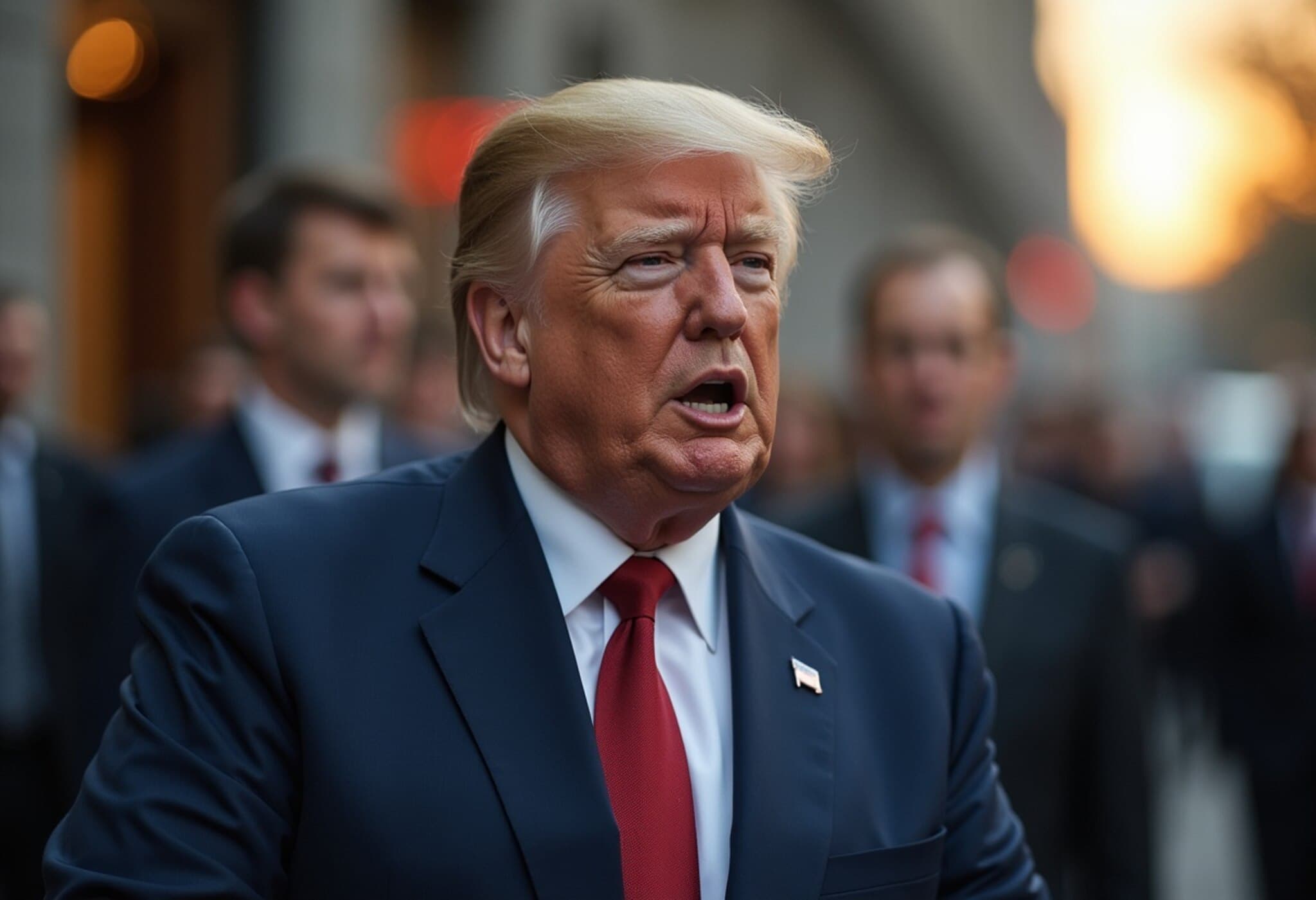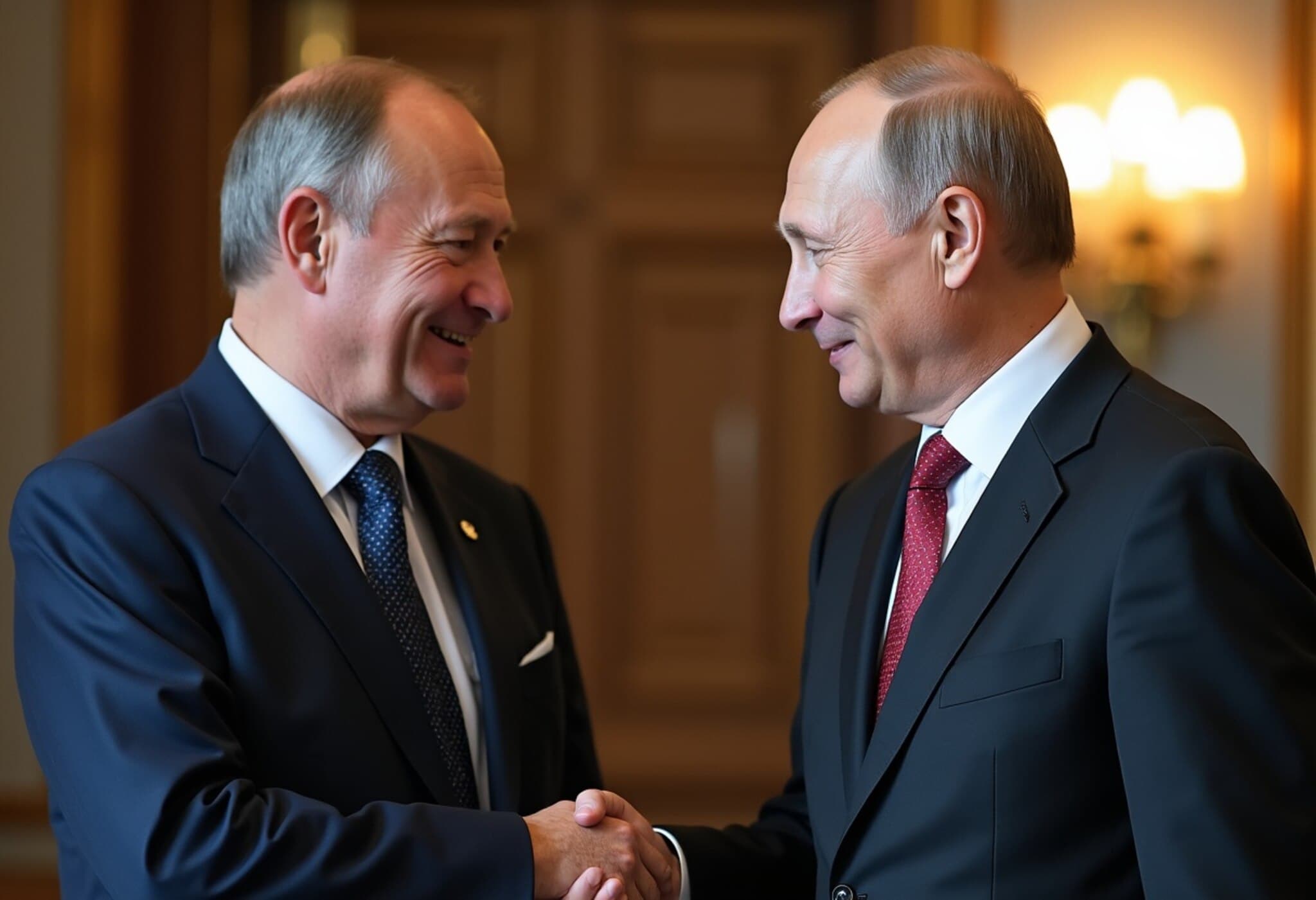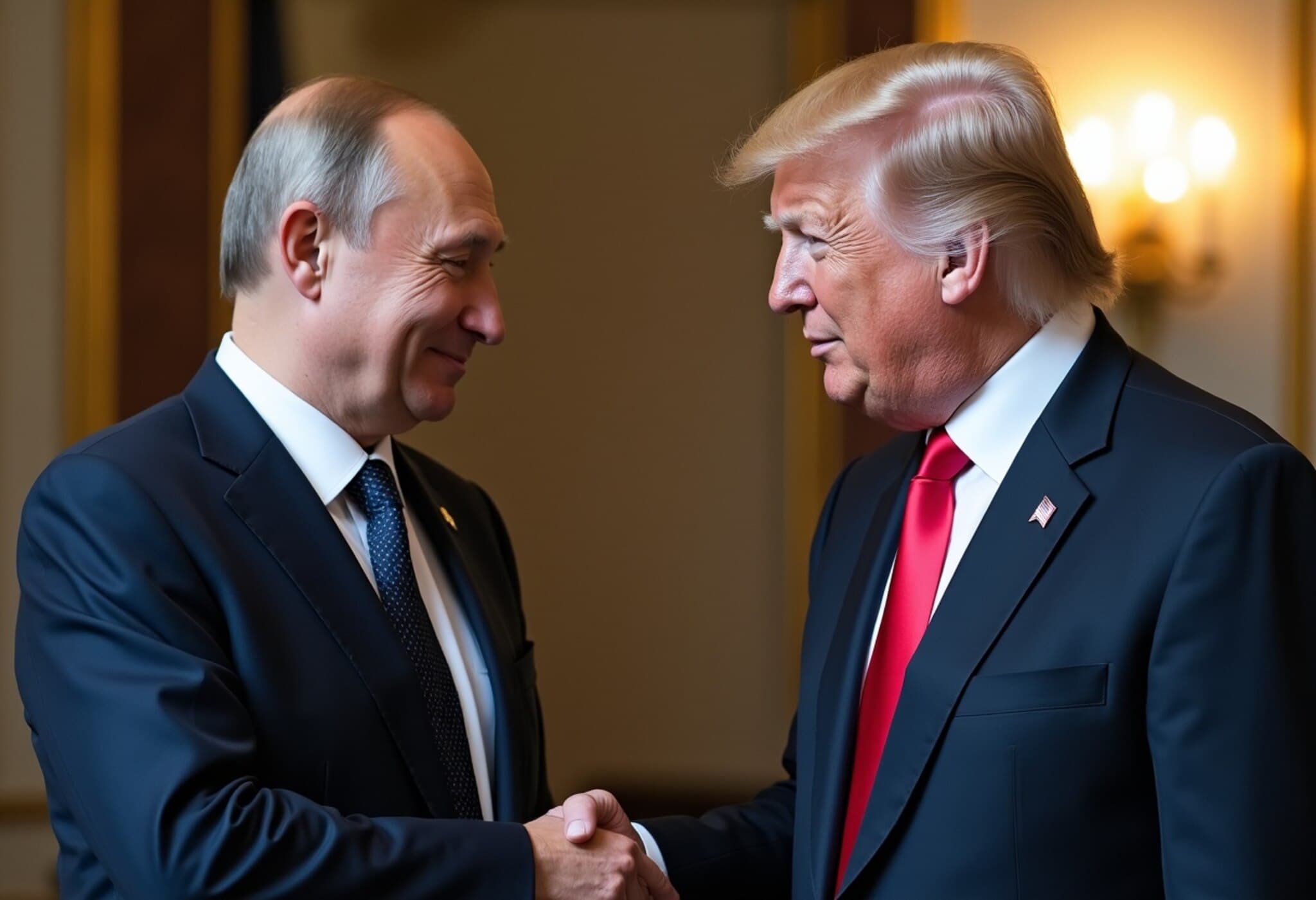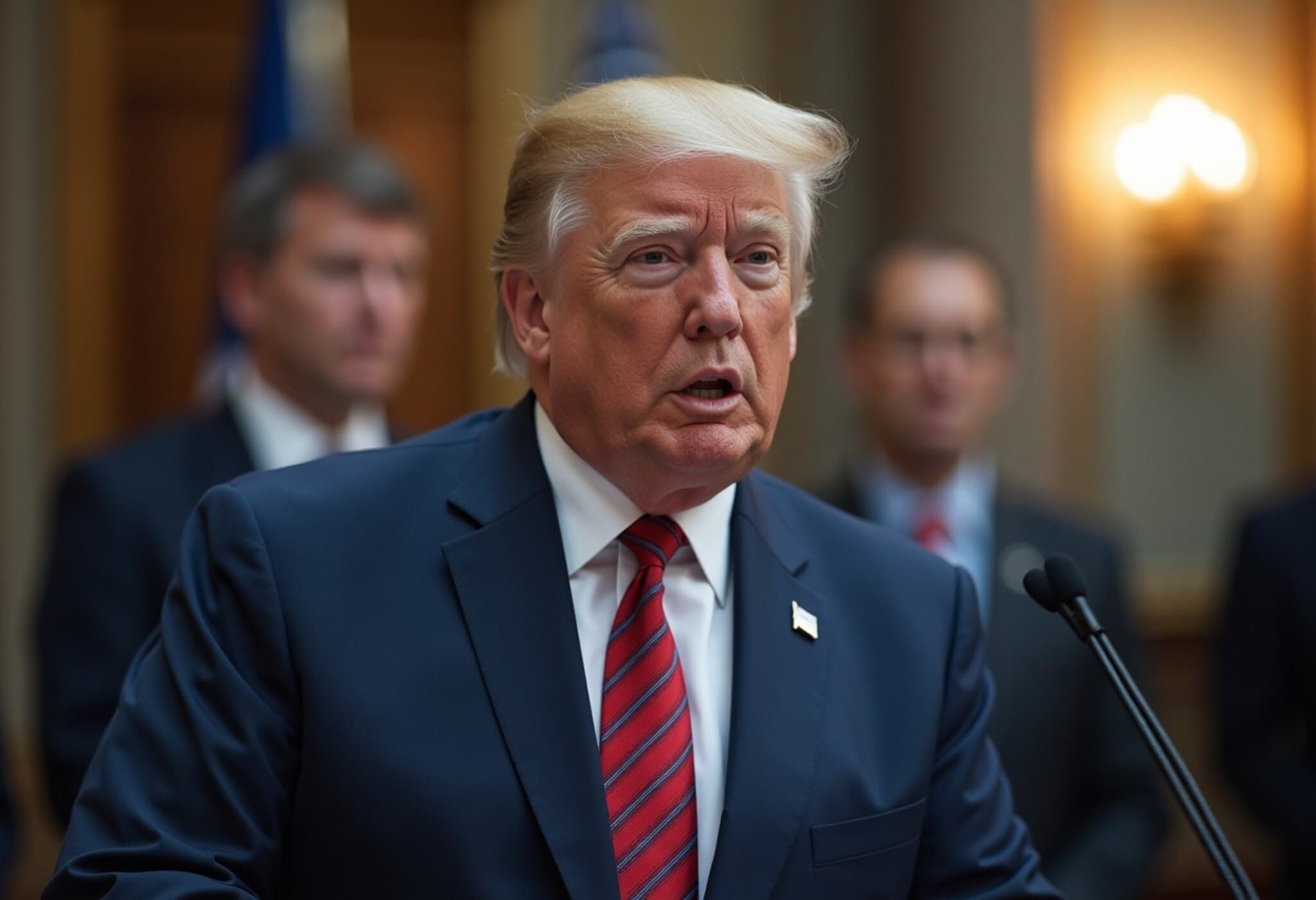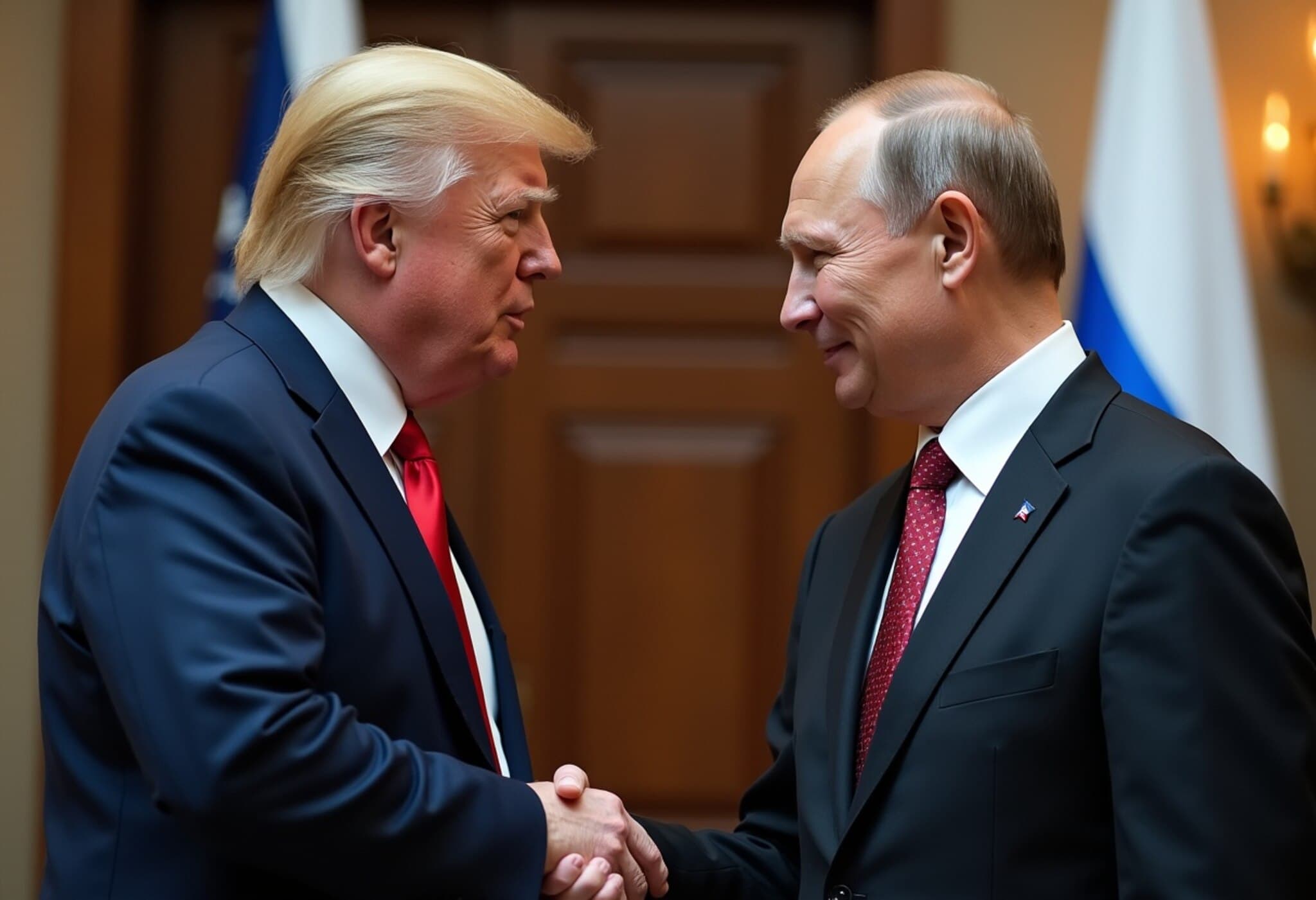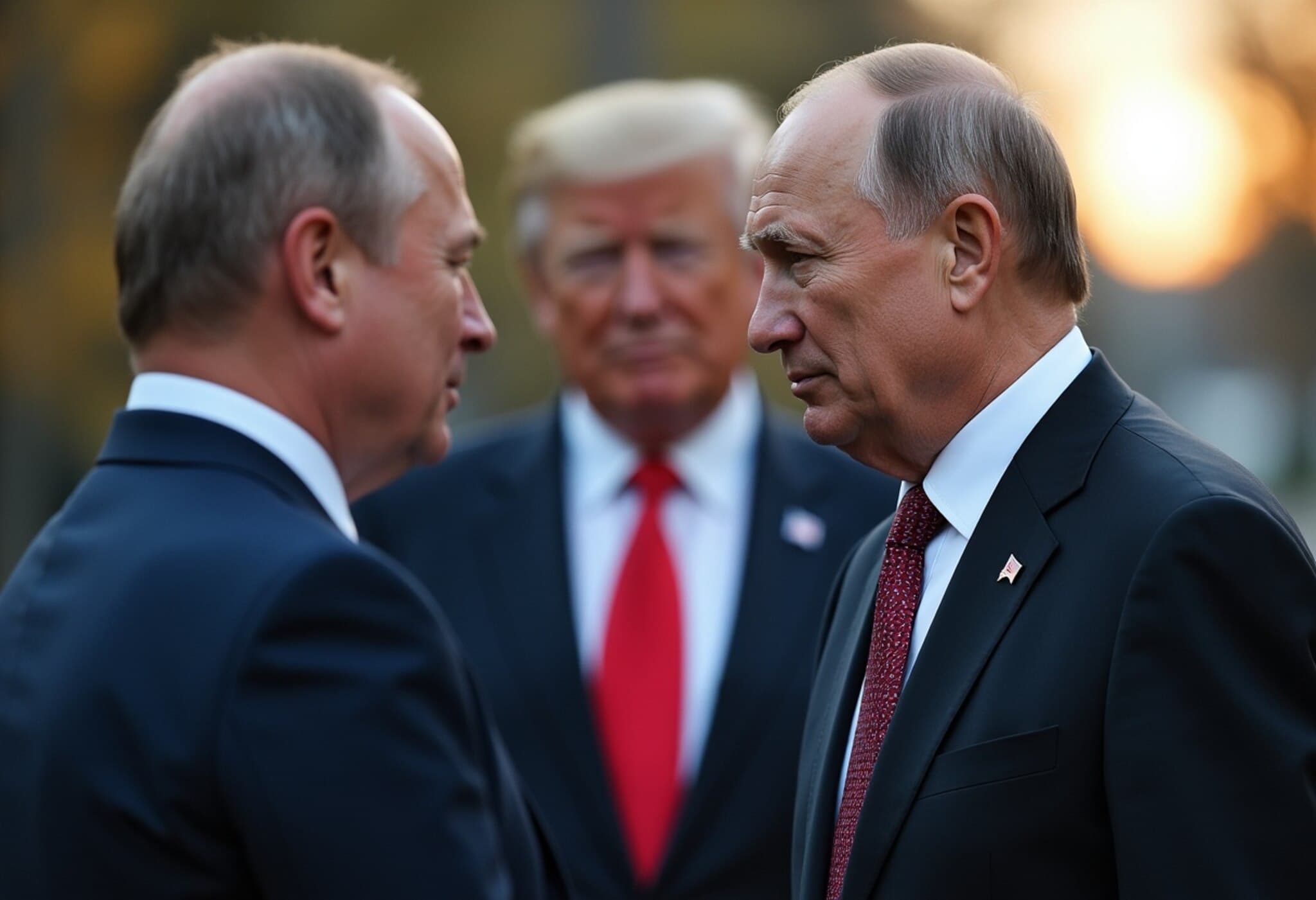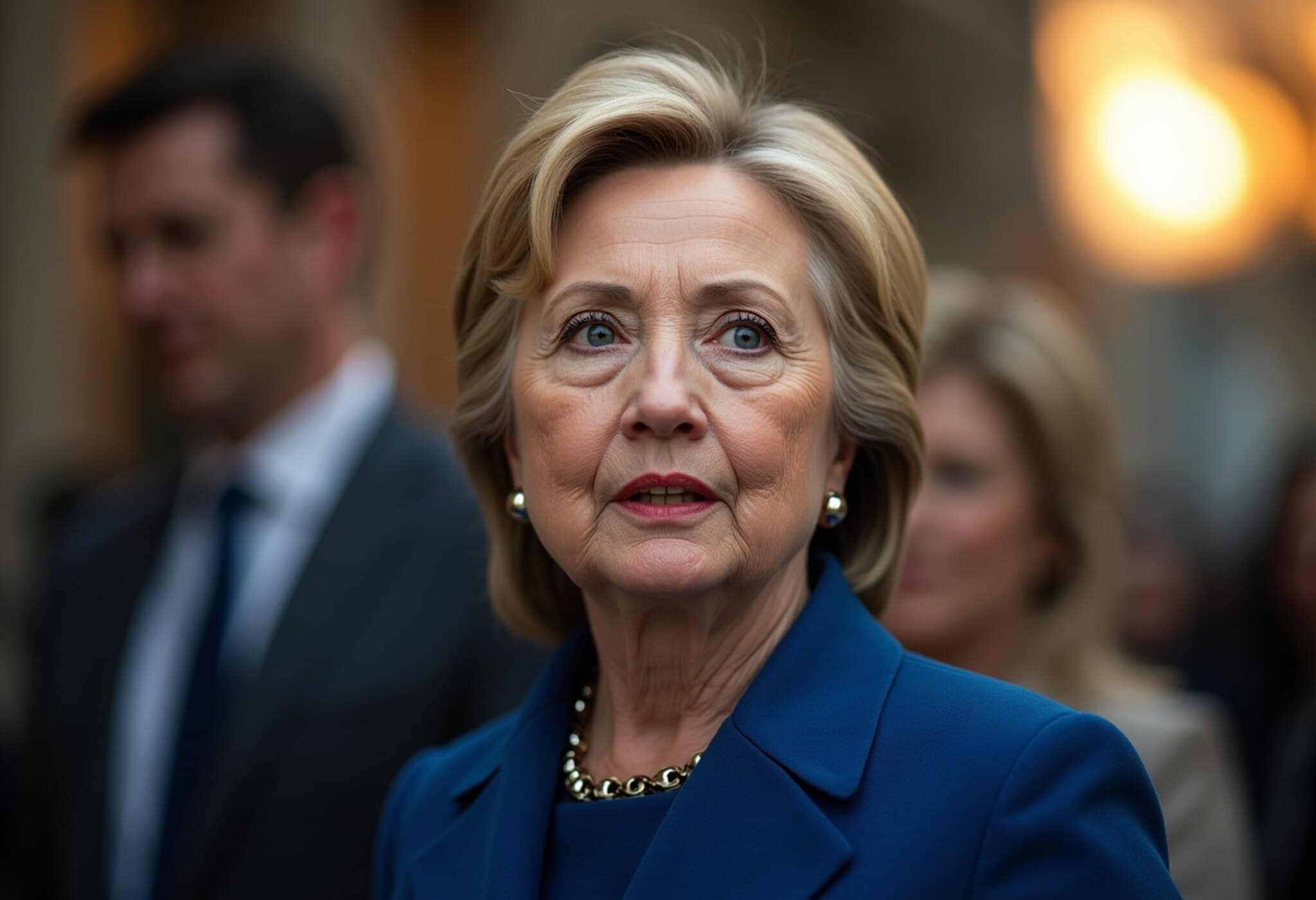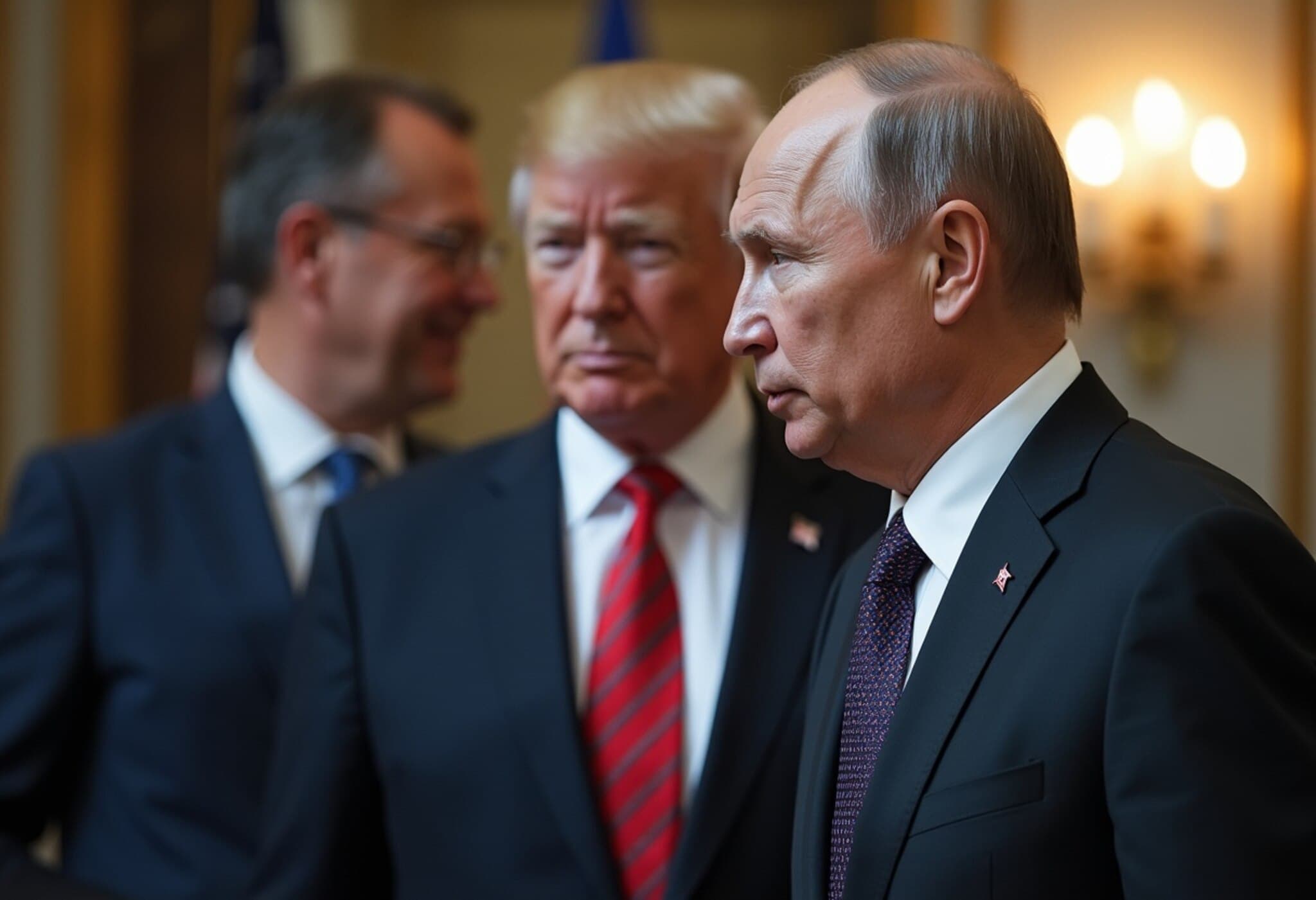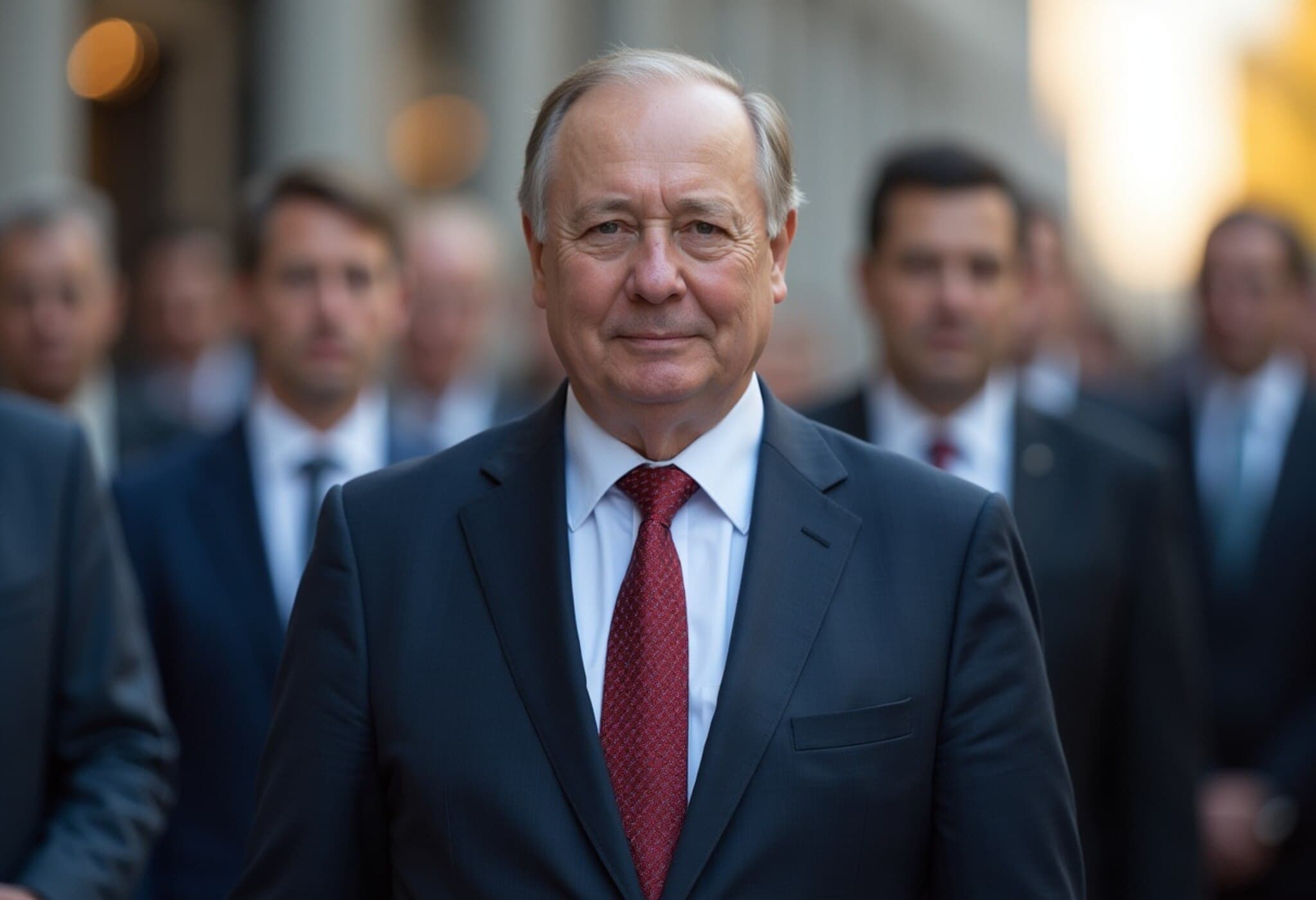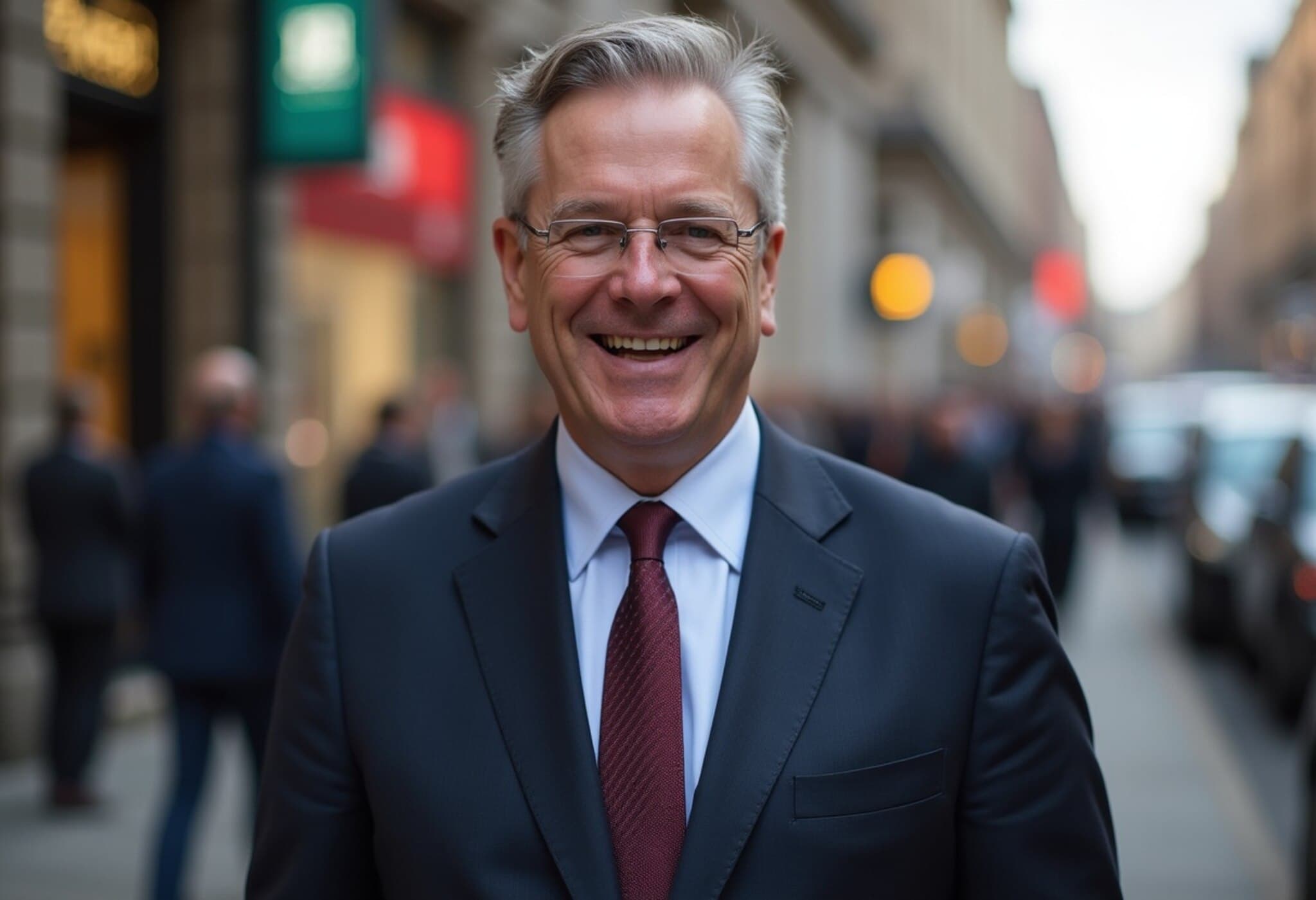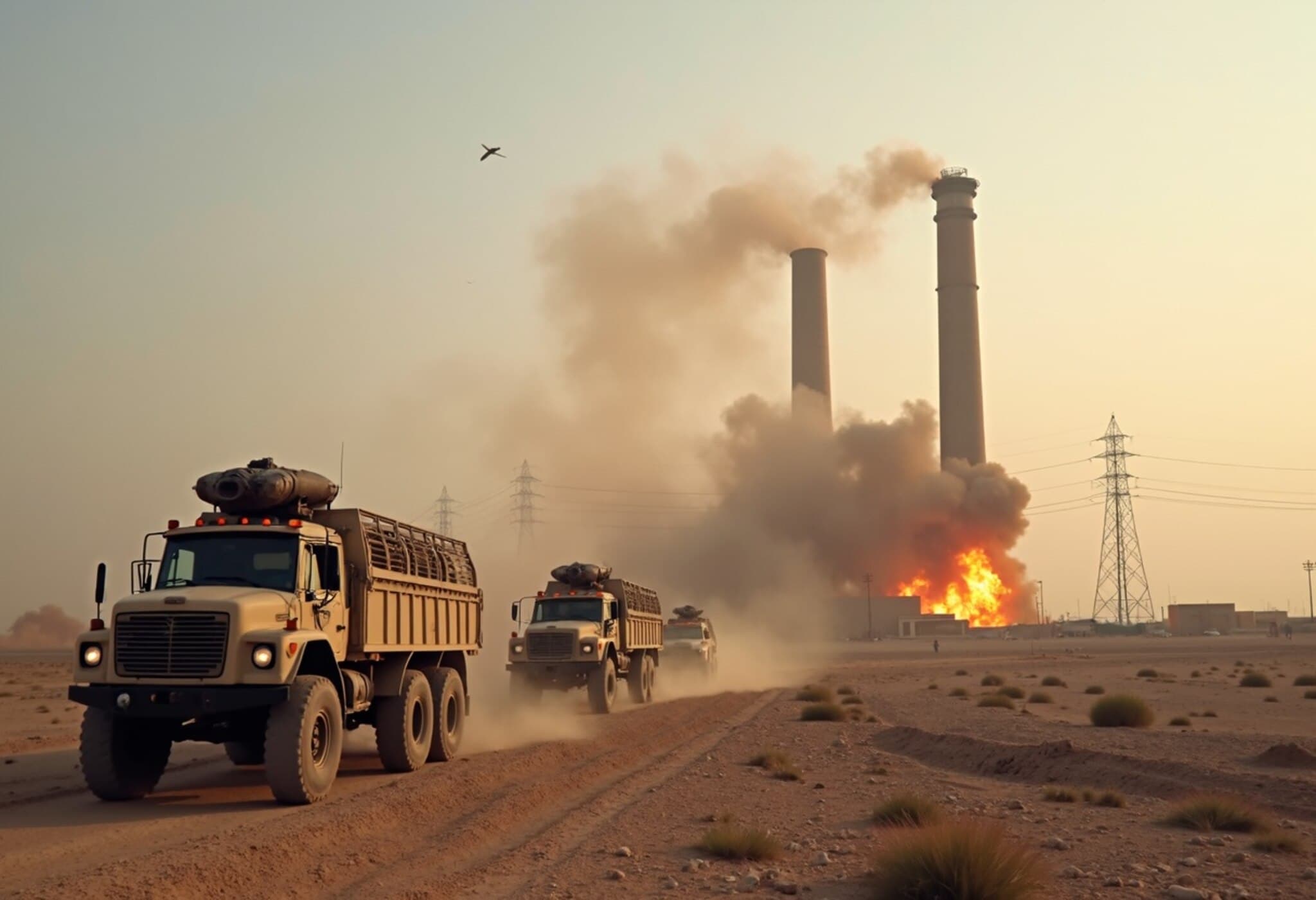Zelensky Criticizes Putin for Blocking Ceasefire, Calls for End to Violence
Ukrainian President Volodymyr Zelensky issued a forceful statement on Saturday, accusing Russian President Vladimir Putin of deliberately complicating peace prospects by refusing to agree to a ceasefire amid the ongoing conflict in Ukraine. Over three years into the war, Zelensky lamented that the relentless violence continues due to Moscow’s unwillingness to cease hostilities.
In an emphatic post on X (formerly Twitter), Zelensky wrote, "We see that Russia rebuffs numerous calls for a ceasefire and has not yet determined when it will stop the killing. This complicates the situation." He condemned Moscow’s reluctance to halt airstrikes and artillery attacks, highlighting the broader challenge of coaxing Russia towards a vision of peaceful coexistence with its neighbors — a process he warned could require significant diplomatic and political effort.
"Stopping the killing is a key element of stopping the war," Zelensky stressed, underscoring the human cost of continued combat and raising urgent questions about the pathway to peace.
Nordic-Baltic Leaders Endorse Trump’s Mediation Efforts
Alongside Zelensky’s message, a joint statement from eight Nordic-Baltic countries — Denmark, Estonia, Finland, Iceland, Latvia, Lithuania, Norway, and Sweden — reaffirmed their steadfast support for Ukraine. The leaders also voiced backing for U.S. President Donald Trump’s recent push to mediate security guarantees for Kyiv.
The statement emphasized that the United States’ involvement in Ukraine’s security should face no restrictions, particularly regarding its military capabilities or international defense cooperation. This position signals ongoing Western alignment behind Ukraine’s sovereignty and defense efforts.
Looking Ahead: Zelensky to Meet Trump in Washington
President Zelensky confirmed plans to meet President Trump in Washington on Monday, August 18, describing the encounter as a vital opportunity to clarify the nuances of potential peace agreements and solidify actionable steps forward.
This announcement follows Trump’s high-profile summit with President Putin in Anchorage, Alaska, on August 15. Despite intense negotiations lasting over three hours, the meeting concluded without a ceasefire deal. Trump remarked plainly, "No deal until there’s a deal," signaling that efforts remain ongoing but unresolved.
Though the summit ended without an agreement, both leaders portrayed the discussions as "very productive," while notably declining to take questions from the press, a detail that suggests delicate diplomacy behind closed doors.
Expert Analysis: The Complex Geometry of Ceasefire Negotiations
This standstill illustrates the intricate challenges involved in brokering peace in prolonged conflicts. From a U.S. foreign policy perspective, the Biden administration’s cautious distance contrasts with Trump’s more direct engagement, reflecting broader debates about how best to navigate relations with Moscow and support Kiev. Additionally, the Nordic-Baltic region’s cohesive backing for Ukraine indicates heightened regional security concerns, particularly given Russia’s history of incursions in Eastern Europe.
Moreover, Zelensky’s remarks highlight a crucial dilemma: ceasing immediate violence is just one step of a larger, fragile peace-building process that involves addressing territorial disputes, political sovereignty, and the lingering mistrust between nations. The international community remains watchful, urging sustained dialogue despite setbacks.
Underreported Dimensions: Civilian Impact and Global Ramifications
Beyond the diplomatic chessboard, the human toll of ongoing hostilities is severe and often overlooked. Persistent shelling and attacks have uprooted millions of civilians, exacerbated humanitarian crises, and cast a long shadow over Ukraine’s social fabric. Continued conflict undermines regional stability, with unpredictable consequences for global energy markets, security alliances, and geopolitical order.
Editor’s Note
As Zelensky prepares to meet Trump amid stalled ceasefire talks, the global community confronts pressing questions: What leverage remains to convince Moscow to halt the violence? How can international actors balance diplomacy with deterrence to facilitate a genuine peace? This unfolding saga underscores the complexity of conflict resolution in the 21st century — where political will, human lives, and strategic interests intertwine in unpredictable ways. Readers are encouraged to consider these dimensions and follow developments closely as the quest for peace continues.

